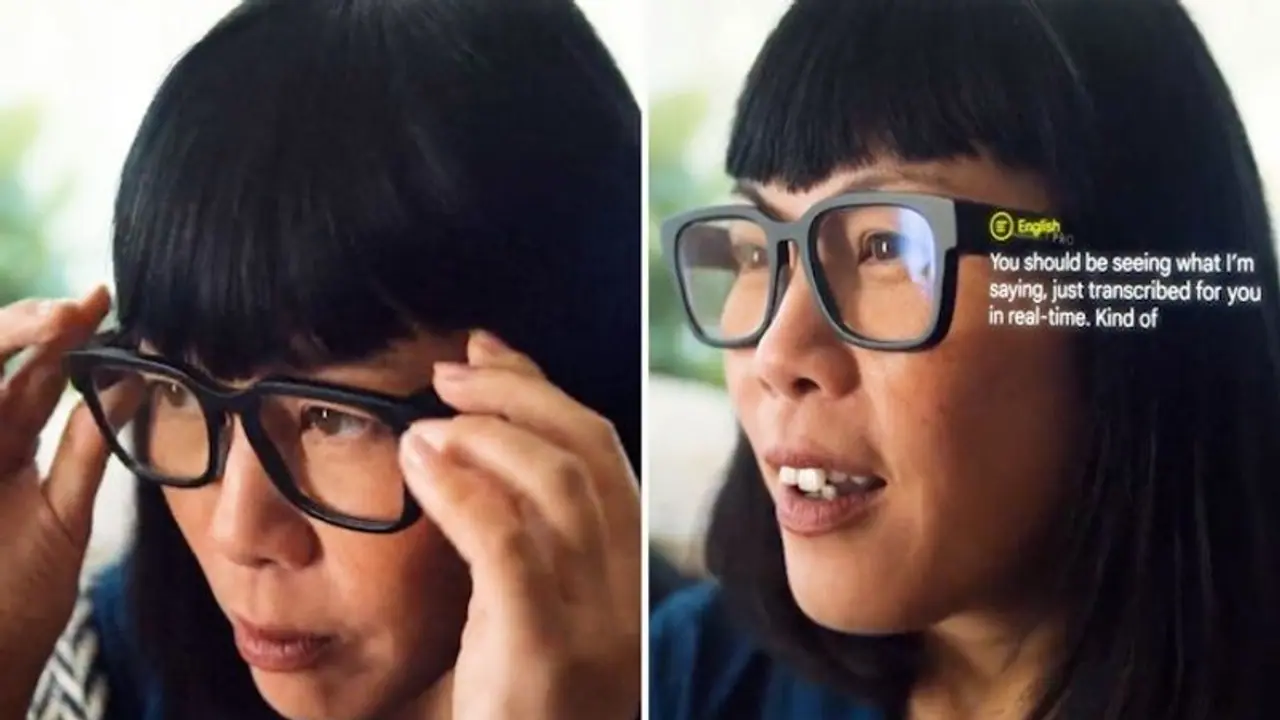The firm provided no information on when they may be available and simply showcased them in a video that did not show the display or how you would interact with them. However, what was displayed in the film provided a very interesting image of a possible AR future.
Google CEO Sundar Pichai previewed a set of smart glasses capable of real-time language translation on Wednesday. During Google's I/O developer conference, Pichai demonstrated the spectacles via video. While still a prototype, Google claims the glasses can display realtime language translations to the person wearing them.

The ability to see languages translated immediately in front of your eyes, which appears to be a highly useful application for AR glasses, was the main function Google demonstrated. While much of Silicon Valley is engaged in making AR glasses a reality, no one has yet proposed a really "killer" app for AR that would allow you to ignore the vast range of privacy problems inherent in the technology. A killer feature would undoubtedly be live translation of spoken words.
Also Read | Google Pixel Watch announced, to launch with Pixel 7 smartphone
As a result, someone using augmented reality glasses may be able to understand what another person is saying just by reading captions displayed via the lenses as the other person talks. It's uncertain whether Google's glasses will ever enter the market, but the prototype shows where Google believes augmented reality might be useful.
The firm provided no information on when they may be available and simply showcased them in a video that did not show the display or how you would interact with them. However, what was displayed in the film provided a very interesting image of a possible AR future.
Also Read | Noise cancellation, long battery life and more: Google announces new Pixel Buds Pro
A Google product manager tells someone wearing the glasses in one demonstration, "You should be seeing what I'm saying, only transcribed for you in real time — sort of like subtitles for the world." Later in the film, you can see what you'd see if you wore the glasses: with the speaker in front of you, the translated language displays in real time in your line of sight.
Google Glass, the company's first foray into smart eyewear, proved unappealing to most users due to a limited launch, expensive initial cost, and privacy issues. Google, on the other hand, appears to be continuing to push into the space.
Also Read | Google announces Pixel 6A with tensor chipset, to cost $449
